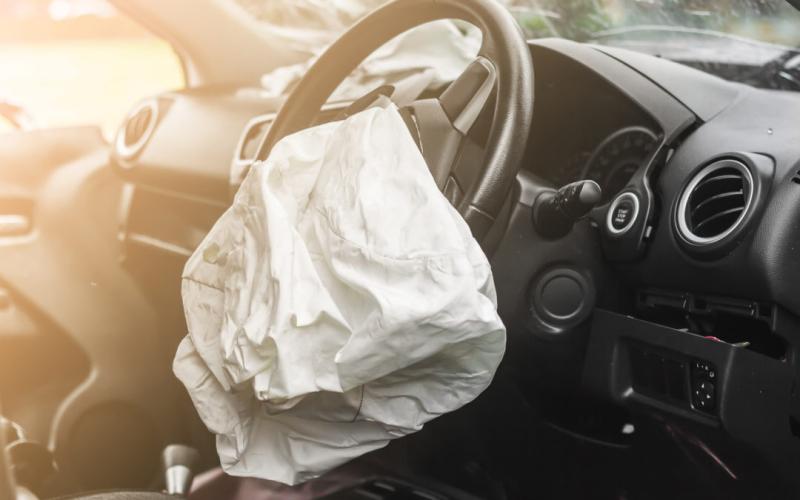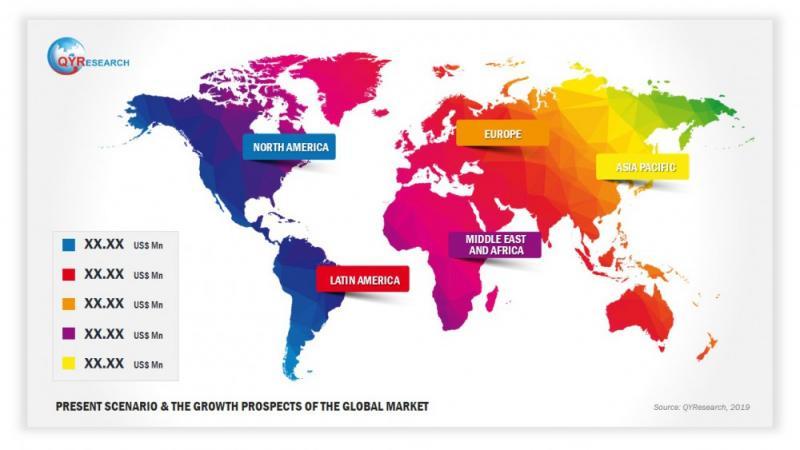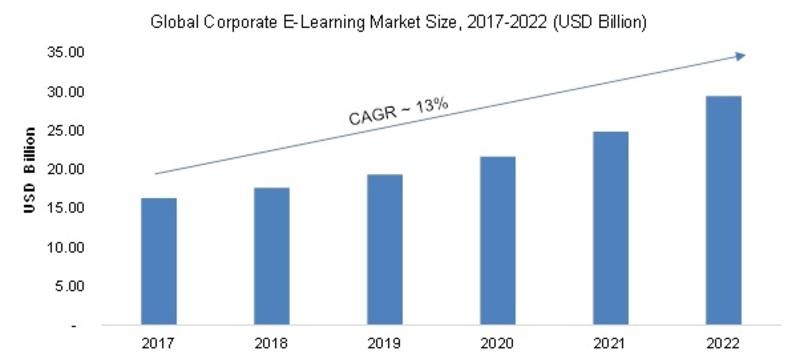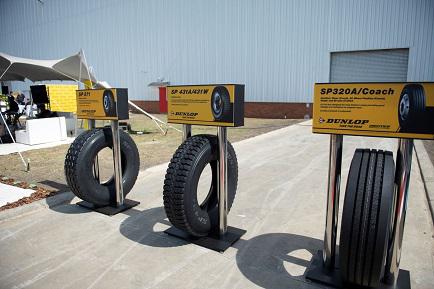Press release
Sumitomo Rubber Unveils TBR Tyre Production Facility in Ladysmith
Sumitomo Rubber South Africa (PTY) LTD (SRSA), manufacturer of the popular Dunlop, Sumitomo and Falken tyre brands, officially launched its new, state-of-the-art Truck and Bus Radial (TBR) factory in Ladysmith, KwaZulu-Natal on Tuesday, 02 October 2018.
This second phase of SRSA’s multi-billion-rand investment to upgrade and modernise the plant’s capacity saw a further injection of R970 million (USD 67.7 million) to introduce and manufacture truck and bus tyres locally, bringing the total investment into the Ladysmith facility since 2014 to more than R2 billion (USD 136 million).
VIP guests, stakeholders and dignitaries were given an opportunity to tour the world-class TBR factory. They included government and industry representatives together with President and CEO of Sumitomo Rubber Industries, Ikuji Ikeda, who delivered an address and unveiled a plaque to mark the opening of the facility.
He said: “Sumitomo Rubber South Africa has been a part of Sumitomo Rubber Industries group company from December 2013 and from then we have worked together to step ahead in various areas of the business, such as safety, Passenger Car Radial tyre production, quality, products, sales channel and people. This marks the first time Sumitomo Rubber Industries has established a Truck and Bus Radial factory outside of Asia.”
Ikeda said the the reasons for proceeding with the investment – despite the challenges of developing a TBR factory from scratch – included the African market’s potential and particularly the Free Trade Agreement which would support SRI’s business initiatives. He added that local TBR tyre production would result in the expansion of business for truck and bus vehicle manufacturers and present opportunities for government related businesses.
CEO of SRSA, Mr Riaz Haffejee outlined the vision and purpose of the TBR facility and the range on offer. “We will be industrialising a total of 24 sizes between our Dunlop and Sumitomo brands, from this year until September 2019,” he said.
Haffejee also elaborated on the community impact that the investment and development of the factory has had: “Following SRSA’s first phase factory investment in 2014 which saw us increase our output of high-quality passenger and sport utility vehicle (SUV) tyres at this plant, the new TBR factory has created growth and a brighter future for the local community. SRSA’s total investment in employment, utilities and procurement has doubled since 2014, which has had a direct impact on the town and has served as a catalyst for community development and entrepreneurship.”
Ikeda also noted that 19 TBR employees had been sent for training to the company’s Miyazaki factory in Japan, where they were able to develop their technical methodology and gain an understanding of SRI’s processes in order to transfer this knowledge to shop floor staff in South Africa.
Renai Moothilal, executive director of NAACAM (National Association of Automotive Component and Allied Manufacturers), who is also overseeing the operations of the SATMC, remarked: “SRSA must be recognised, not only for its significant investment in plant and processes, but for its commitment to a region outside South Africa’s industrial heartlands, and its contribution towards employment. They have demonstrated how automotive component manufacturers can drive true economic development across the country and the importance of ensuring that a greater level of manufacturing of automotive component happens.”
Production at the plant commenced as planned in July 2018. The local production of the TBR range – following extensive research and development processes – will ensure that customers, both in South Africa and on the African continent, have the right tyre for the country’s specific application. These will be designed in Japan, tested in Africa and manufactured in South Africa, for Africa with the Ladysmith factory certified to test TBR tyres to European compliance standards.
The history of innovation and proven pedigree that the Dunlop brand holds in the tyre business, together with the latest Japanese technology and engineering insights from SRSA’s parent company, SRI, make for a formidable combination in the tyre industry.
SRSA is owned by Japanese listed company Sumitomo Rubber Industries Ltd (SRI), situated in Kobe, Japan, and is ranked the world’s fifth-largest producer of automotive tyres and industrial rubber products and has tyre manufacturing plants in Japan, China, Indonesia, Thailand, Brazil, Turkey, USA and South Africa. The existing South African plant in Ladysmith (founded in 1973) currently produces passenger car, sport utility vehicle and light truck tyres only, which are sold in South Africa and exported across Africa and other countries.
Logico Creative Solutions
5 Brown Grove
Sherwood
Durban
4091
South Africa
Tel. +27 31 207 2887
This second phase of SRSA’s multi-billion-rand investment to upgrade and modernise the plant’s capacity saw a further injection of R970 million (USD 67.7 million) to introduce and manufacture truck and bus tyres locally, bringing the total investment into the Ladysmith facility since 2014 to more than R2 billion (USD 136 million).
VIP guests, stakeholders and dignitaries were given an opportunity to tour the world-class TBR factory. They included government and industry representatives together with President and CEO of Sumitomo Rubber Industries, Ikuji Ikeda, who delivered an address and unveiled a plaque to mark the opening of the facility.
He said: “Sumitomo Rubber South Africa has been a part of Sumitomo Rubber Industries group company from December 2013 and from then we have worked together to step ahead in various areas of the business, such as safety, Passenger Car Radial tyre production, quality, products, sales channel and people. This marks the first time Sumitomo Rubber Industries has established a Truck and Bus Radial factory outside of Asia.”
Ikeda said the the reasons for proceeding with the investment – despite the challenges of developing a TBR factory from scratch – included the African market’s potential and particularly the Free Trade Agreement which would support SRI’s business initiatives. He added that local TBR tyre production would result in the expansion of business for truck and bus vehicle manufacturers and present opportunities for government related businesses.
CEO of SRSA, Mr Riaz Haffejee outlined the vision and purpose of the TBR facility and the range on offer. “We will be industrialising a total of 24 sizes between our Dunlop and Sumitomo brands, from this year until September 2019,” he said.
Haffejee also elaborated on the community impact that the investment and development of the factory has had: “Following SRSA’s first phase factory investment in 2014 which saw us increase our output of high-quality passenger and sport utility vehicle (SUV) tyres at this plant, the new TBR factory has created growth and a brighter future for the local community. SRSA’s total investment in employment, utilities and procurement has doubled since 2014, which has had a direct impact on the town and has served as a catalyst for community development and entrepreneurship.”
Ikeda also noted that 19 TBR employees had been sent for training to the company’s Miyazaki factory in Japan, where they were able to develop their technical methodology and gain an understanding of SRI’s processes in order to transfer this knowledge to shop floor staff in South Africa.
Renai Moothilal, executive director of NAACAM (National Association of Automotive Component and Allied Manufacturers), who is also overseeing the operations of the SATMC, remarked: “SRSA must be recognised, not only for its significant investment in plant and processes, but for its commitment to a region outside South Africa’s industrial heartlands, and its contribution towards employment. They have demonstrated how automotive component manufacturers can drive true economic development across the country and the importance of ensuring that a greater level of manufacturing of automotive component happens.”
Production at the plant commenced as planned in July 2018. The local production of the TBR range – following extensive research and development processes – will ensure that customers, both in South Africa and on the African continent, have the right tyre for the country’s specific application. These will be designed in Japan, tested in Africa and manufactured in South Africa, for Africa with the Ladysmith factory certified to test TBR tyres to European compliance standards.
The history of innovation and proven pedigree that the Dunlop brand holds in the tyre business, together with the latest Japanese technology and engineering insights from SRSA’s parent company, SRI, make for a formidable combination in the tyre industry.
SRSA is owned by Japanese listed company Sumitomo Rubber Industries Ltd (SRI), situated in Kobe, Japan, and is ranked the world’s fifth-largest producer of automotive tyres and industrial rubber products and has tyre manufacturing plants in Japan, China, Indonesia, Thailand, Brazil, Turkey, USA and South Africa. The existing South African plant in Ladysmith (founded in 1973) currently produces passenger car, sport utility vehicle and light truck tyres only, which are sold in South Africa and exported across Africa and other countries.
Logico Creative Solutions
5 Brown Grove
Sherwood
Durban
4091
South Africa
Tel. +27 31 207 2887
Permanent link to this press release:
Copy
Please set a link in the press area of your homepage
to this press release on woodPRI. woodPRI disclaims liability for any content contained in
this release.
Recommend

/newsMicroencapsulation Market Deep Analysis on Key Players - Dow Corning, Encapsys, Syngenta Crop Protection, Evonik Industries, 3M and Bayer
Market Study Report Adds Global Microencapsulation Market Size, Status and Forecast 2024 added to its database. The report provides key statistics on the current state of the industry and other analytical data to understand the market.
Extensive research is required for choosing the appropriate cor...

/newsGermany Airbag Market Size 2023: Global Share, Industry And Report Analysis By 2030 | Hyundai Mobis Co., Ltd. Key Safety Systems, Inc. Robert Bosch GmbH
Germany airbag market is expected to grow at a CAGR of around 6% during the forecast period. Germany Airbag Market research report refers to gathering and analyzing significant market data serve as best medium for various industry players to launch novel product or service. It is vital for key firms...

/newsSecurities Brokerages And Stock Exchanges Market Outlook 2021: Big Things are Happening
A new intelligence report released by HTF MI with title "Global Securities Brokerages And Stock Exchanges Market Survey & Outlook" is designed covering micro level of analysis by Insurers and key business segments, offerings and sales channels. The Global Securities Brokerages And Stock Exchange...

/newsRenewable Chemicals Market Emerging Trends and Competitive Landscape Forecast to 2028
The renewable chemicals market was valued at US$ 80,566.30 million in 2021 and is projected to reach US$ 1,76,750.76 million by 2028 it is expected to grow at a CAGR of 11.9% from 2021 to 2028. The research report focuses on the current market trends, opportunities, future potential of the market, a...

/newsHow Coronavirus is Impacting Cold Brew Coffee, Global Market Volume Analysis, Size, Share and Key Trends 2020-2026
"Market Latest Research Report 2020:
Los Angles United States, February 2020: The Cold Brew Coffee market has been garnering remarkable momentum in the recent years. The steadily escalating demand due to improving purchasing power is projected to bode well for the global market. QY Research's lates...

/newsCorporate E-Learning Market - Global Industry Size, Share, Key Players Analysis that are Infor, SkillSoft Corporation, Adrenna, CERTPOINT Systems and others with Regional Forecast to 2022
Overview:
E-Learning is used to enhance the learning procedures for newer job requirements and to make employees sound about the internal and external changes in the market and respective organizations. This method has created considerable differences in the ways of training and developing employee...
